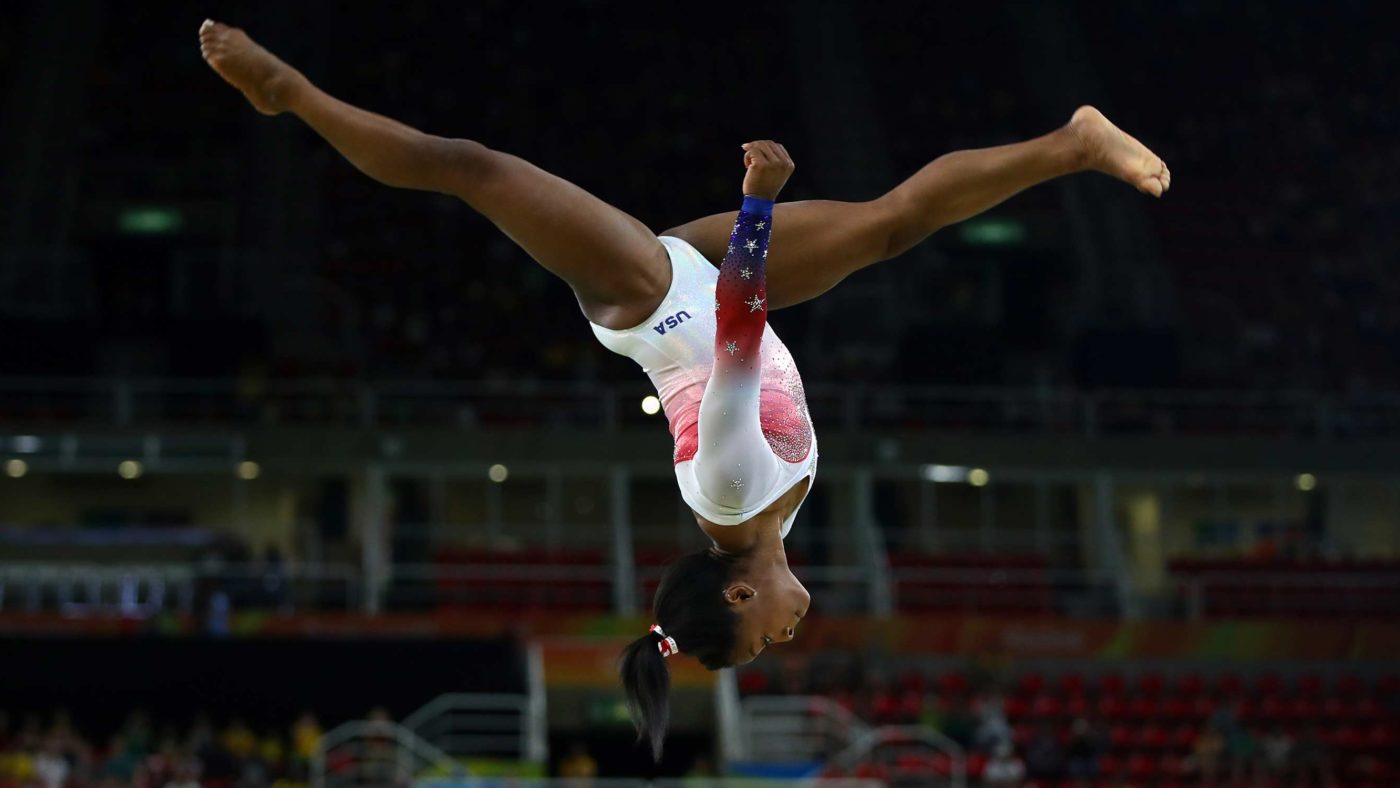This is the weekly newsletter from CapX. To receive it by email every Friday, along with a short daily email of our top five stories, please subscribe here.
At times, it felt like Silly Season would never arrive. Brexit, followed by a month of Westminster backstabbing and power struggles, all underpinned by a series of tragic terrorism attacks and an increasingly volatile US election, conspired to deprive Brits of the summer lull in panic-inducing headlines that we all look forward to. Would the news ever end? Would we ever be able to take a weekend away, confident that we would return to a country in a similar state to the one we had left?
That time has now well and truly arrived, as David Waywell noted recently. My favourite story this week was the epic plight of the Essex pensioner Rashid Ovi, who staged a sit-in inside a phone box to protest its removal. The website EssexLive live-blogged the whole incident, publishing the tweets of supporters up and down the country who weighed in on Rashid’s struggle as his protest started to go viral. After several hours, Rashid was finally coaxed out by police, only to have the contractors continue to dismantle the phone box in his absence, and thus was his personal tragedy concluded. It was one of the most engaging tales I’d read all summer.
Which brings me to the Olympics. Charlotte Henry wrote this week on how the technology that has disrupted broadcasting has made watching sport live even more critical and she’s right – delay watching the women’s hockey final tonight and you’ll see the result on twitter long before you get round to catching a replay. But social media has also created a whole new realm for enjoying international sporting events, a world where it doesn’t matter if you understand the fiendishly complex scoring system for synchronised diving or get confused by the “paranoid cycling” event that begins with two cyclists travelling as slowly as possible, one watching the other suspiciously over their shoulder.
It’s not the competitions alone that captivate viewers, but the myriad personal flourishes that go with them. Highlights from this Olympics include: American gymnastics champion Simone Biles fangirling over Zac Efron, the US and New Zealand runners helping each other over the finish line in the women’s 5000m, the controversial live proposal of one Chinese diver to another during the medal ceremony, Andy Murray reminding the BBC’s John Inverdale that female tennis players exist, a poignant selfie shared between the gymnasts of North and South Korea, and of course, Sir Bradley Wiggins sticking his tongue out during the national anthem after the GB cycling team won gold.
These are the moments which define an Olympic Games, as much as Usain Bolt winning his eighth gold medal. Social media is becoming an ever-more integral part of our lives, and sport is hardly immune. We don’t just want to know the names and nationalities of these athletes – we want to know where they come from, who they are, how they came to fighting for an Olympic medal. We want to view them as people as well as athletes, and as we get to know them through their tweets and candid comments about life off the track, their individual triumphs and disappointments become as engaging as Rashid Ovi’s quest to save his phone box.
We covered serious news on CapX as well this week, including an in-depth analysis of how China can tackle corruption, and a plea to stop asking politicians irrelevant questions about popular culture. But for anyone who is enjoying Silly Season now it’s finally here, don’t worry, the new series of the Great British Bake Off begins next week, and there’s already outrage about the colour of the icing. And now, I’m off to watch athletes try to walk as fast as possible in the women’s 20km race walk final that’s about to start. Have a good weekend.


